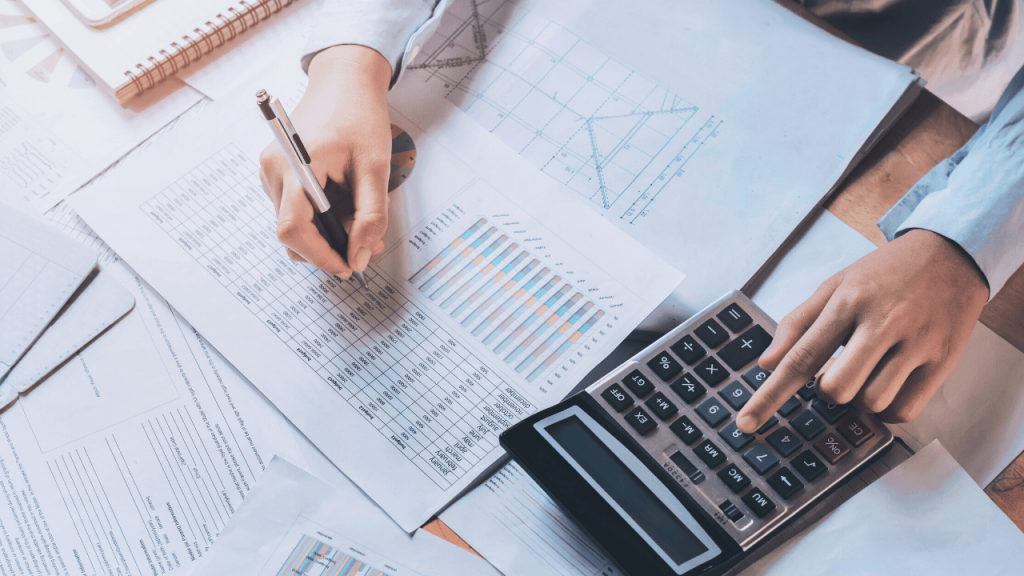
Forensic Accountants: Unraveling the Mystery Beyond Traditional Audits
Forensic accountants are often seen as the detectives of the finance world. They delve into the depths of financial records, searching for discrepancies, fraud, and other irregularities. But do forensic accountants do audits? The answer is not as straightforward as one might think. While forensic accountants and auditors share some common ground, their roles and responsibilities are distinct. This article will explore the intricate relationship between forensic accounting and auditing, shedding light on the unique role that forensic accountants play in the financial landscape.
Firstly, it's crucial to understand the fundamental differences between forensic accounting and auditing. Traditional auditing involves examining financial statements to ensure they are accurate and comply with laws and regulations. Auditors typically work on behalf of an organization's stakeholders, such as shareholders or regulatory bodies, to provide assurance that the financial statements are free from material misstatement.
Forensic accounting, on the other hand, is a specialized area of accounting that focuses on investigating financial discrepancies and fraud. Forensic accountants are often called upon in legal disputes or fraud cases to analyze complex financial data and provide expert testimony in court. They use their unique skill set to uncover evidence of financial misconduct that may not be apparent in a standard audit.
So, do forensic accountants do audits? Technically, no. Forensic accountants do not conduct traditional audits. However, their work often overlaps with that of auditors, especially when there are suspicions of fraud or financial misconduct. In such cases, a forensic accountant may be brought in to conduct a forensic audit – a deep-dive investigation into an organization's financial records to uncover evidence of fraud or other financial irregularities.
A forensic audit goes beyond the scope of a traditional audit. While an audit seeks to verify the accuracy of financial statements, a forensic audit investigates the possibility of fraud or misconduct. This involves a detailed examination of financial records, interviews with personnel, and the use of advanced analytical techniques to identify irregularities and trace illicit transactions.
Forensic accountants play a vital role in the detection and prevention of fraud. Their expertise is invaluable in uncovering hidden assets, identifying fraudulent transactions, and providing evidence for legal proceedings. They also play a crucial role in enhancing corporate governance by helping organizations identify vulnerabilities in their financial systems and implement measures to mitigate fraud risk.
In conclusion, while forensic accountants do not conduct traditional audits, their work is closely related to auditing. Their specialized skills and expertise make them uniquely equipped to investigate financial irregularities and fraud, providing a level of scrutiny that goes beyond a standard audit. As the financial landscape continues to evolve, the role of forensic accountants is becoming increasingly important in maintaining financial integrity and accountability.